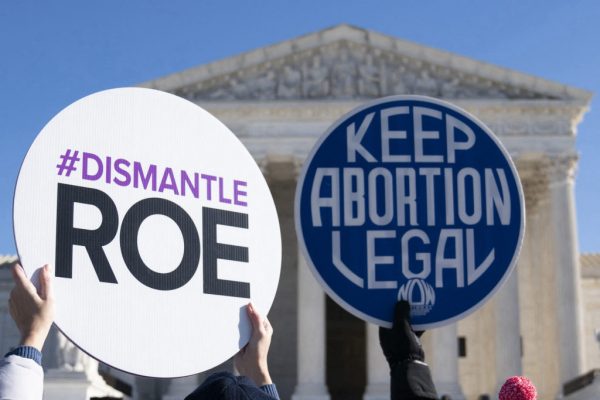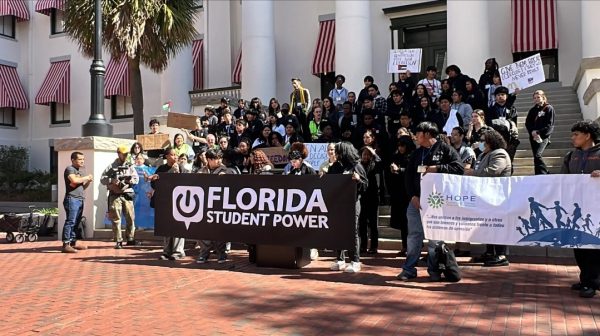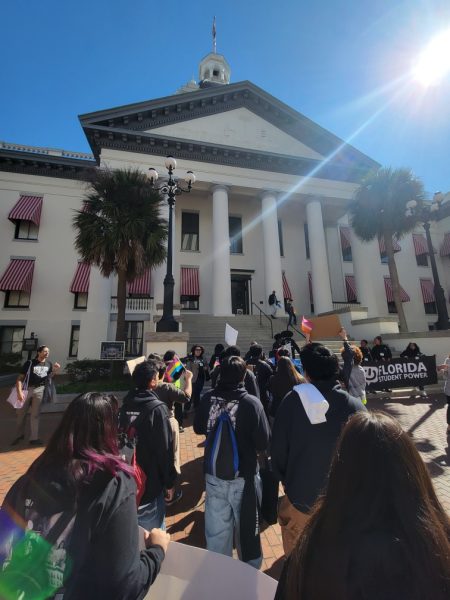Florida’s 6-Week Abortion Bill
The topic of abortion has been a polarizing issue in our nation even well before the original Roe v. Wade ruling decades ago. When Roe v. Wade was overturned on June 24, 2022, many states, including Florida, had already signed tighter abortion restrictions into law waiting for the ruling to be overturned. The current 15-week restriction on abortion went into effect in July 2022. In March 2023 SB 300, titled “Pregnancy and Parenting Support” was introduced to the Florida Senate, which among other things, restricts abortion to 6 weeks in most circumstances.
If passed, the bill would criminalize abortions after 6 weeks, making it a 3rd-degree felony for any medical professional who performs one outside of the parameters of the law. Additionally, the bill would allow exceptions for rape and incest up to the 15th week of pregnancy, provided that the woman provides evidence that she was the victim of rape or incest. Abortions would also be allowed in cases of severe medical emergencies or fetal abnormalities provided that two physicians certify that the pregnant woman’s life is in danger or that the fetus has a fatal abnormality.
The bill would also end Florida’s status as an abortion haven in the south, a title it has unofficially carried due to the looser restrictions on abortions in Florida compared to those in other states in the Deep South. As a result, this bill would mean that the over 6,000 women who come to Florida out of state to receive abortions would no longer be able to receive abortions in Florida, a fact that some believe targets the lower class, who aren’t able to travel as far to receive abortion access.
To gather insight into how the Apopka High School community feels about the bill, The Blue and White was able to interview several teachers and students around campus. Women’s Empowerment Club President Anna La May said that “as with other abortion bans, I believe it is ridiculous to dictate someone else’s livelihood and body simply due to your own beliefs, religious or otherwise. Not to mention, the idea that you must prove rape or incest is absurd. Forcing a woman to recount a traumatic experience just to appease politicians or forcing her to go in front of the court when it is known that rape charges rarely ever go through with actual results.” Mrs. Freemole shared similar thoughts, saying “I think that we are taking a huge step backward in women’s rights. I think that the [politicians] are legislating what a woman can do with her own body.” On the other side, Mr. Whitcomb had to say, “In general I support as many restrictions as possible to abortion. We are currently at a 15-week ban which is a later cut-off than many western countries,” continuing by saying, “Killing an innocent life is wrong. Abortion kills an innocent life. Abortion is wrong.”
If the bill passes both houses, Governor Ron DeSantis, who has been quoted as saying he “welcomes pro-life legislation,” would likely sign the bill into law. But, you never know, as he is certainly looking to boost his image in the face of a likely 2024 presidential run. On the potential effects on the 2024 election cycle, Mr. Whitcomb said that “I think saving babies is a winning issue, but America’s morals are lost and sometimes you need to chip away at the goal instead of swinging for the fences. Democrats are very good at playing that game. Republicans, not so much.” On the effects of the election, Mrs. Freemole had to say “I don’t know, because the state is pretty evenly split between Republicans and Democrats, and it’s the Republicans that are in control right now, and they want the abortion bill. Unless we put more Democrats into office, I don’t think that it is going to change, but it may make people that disagree with it vote Democrat.”
Before this can happen, the bill must pass one more committee in the FL House before it can reach the House floor, and in the FL Senate, it has already reached the Senate floor and is ready to be voted on. The vote would likely go along party lines, as the subcommittee vote went in the Senate, meaning the bill is likely to pass both Houses, which are controlled by the Republicans.

I’m Elijah Nuebel, a senior at Apopka High. I have been on The Blue and White for the last two years as a staff writer, and this year I am proud to be...















